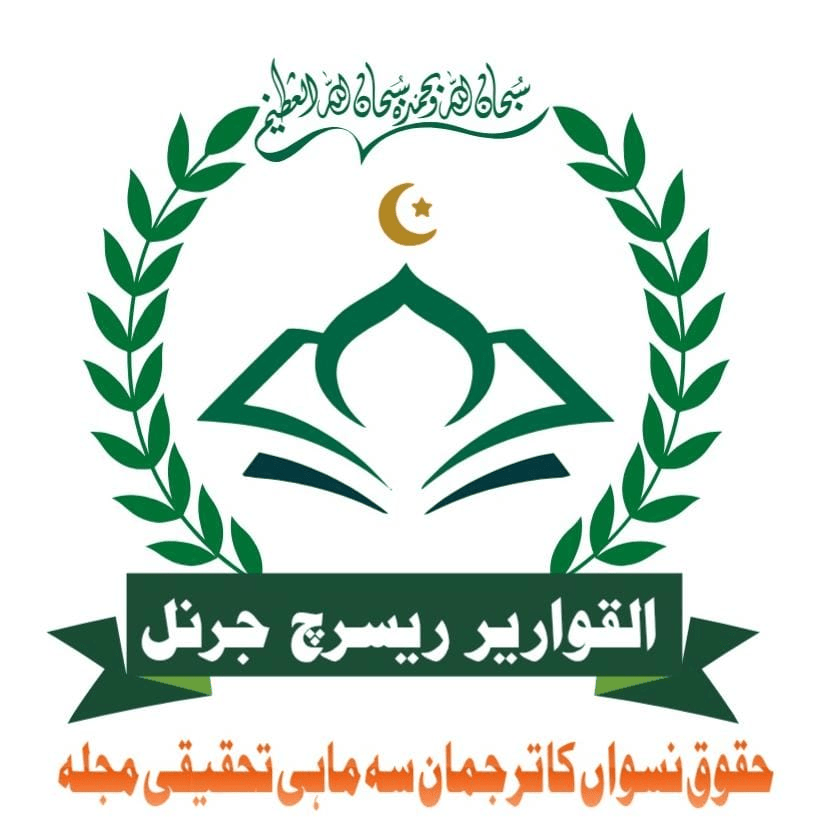استحکامِ خاندان: اسلامی تعلیمات کی روشنی میں اصول، مثبت پہلو، منہیاتی عوامل اور مرد، عورت و ریاست کی ذمہ داریاں
Strengthening the Family: Principles, Positive Aspects, Prohibitive Factors, and the Responsibilities of Men, Women, and the State in the Light of Islamic Teachings
Keywords:
Family stability, Islamic teachings, societal roles, family responsibilities, state dutiesAbstract
Islam provides a comprehensive code of life that addresses every aspect of human existence, aiming to solve both individual and collective issues. The family unit is central to societal stability, and the Quran emphasizes the importance of family life. Islam offers detailed guidance on establishing a stable and robust family system, addressing even the minutiae of family dynamics. The first institution established on earth was the family, with Prophet Adam (peace be upon him) being its pioneer. The stability of the family is crucial for societal harmony, as a disintegrated family leads to societal disorder. Modern Western societies are experiencing the fragmentation of the family unit and are actively seeking to undermine strong family systems globally through various means. In contrast, Islam regards the family as a sacred institution, and it is the duty of Muslim societies to uphold and propagate this system. The decline of family stability is largely attributed to the abandonment of religious principles. To prevent societal collapse, a return to religious values and adherence to Islamic family principles is essential. This paper explores the forms of family stability, its positive aspects, prohibitive factors, and the responsibilities of men, women, and the state in maintaining family integrity.
Downloads
Downloads
Published
Issue
Section
License

This work is licensed under a Creative Commons Attribution-NonCommercial-NoDerivatives 4.0 International License.




